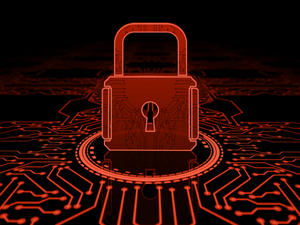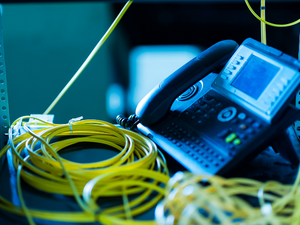
Are you like me, where this question is routinely hanging out in the back of your mind every time you’re jumping on or off your computer?
I finally broke down and Googled it.
For the most part, the internet seems united in its conclusion, but I thought I would also provide some additional insight on the issue itself. Enjoy!
So, First Things First — What’s the Problem Here?
Well, we all know that pulling the power to a computer abruptly (via the wall outlet), without shutting down properly, could do damage. But the questions here are:
A) “Is my computer at risk from routine shutdowns and startups?”
B) “How do routine shutdowns and startups compare to just leaving the computer on all the time (important clarification: SLEEP MODE)?”
The Experts Say
Apparently, it depends on how often you use it. If you use your computer multiple times per day, it’s best to leave it on. However, if you use it for short periods of time (under a few hours), and once a day, then you should turn it off.
And then the risks of course are greater the older your computer is. And a handful of other caveats like traditional hard disk drives vs. solid state drives, etc. etc.
Advantages of the Shutdown
While your computer still draws a little bit of power when shutdown (unless it’s unplugged from the wall), it still remains a better energy-saving option than putting it to sleep.
Sleep mode draws more power (most noticeably with the RAM), which means an increase in electricity usage. I know that’s less about the computer than it is electricity, but it’s a con nonetheless.
Shutdowns also allow for the greatness of the reboot. These can be great ways for an operating system to clean itself out. These cleanings can take care of bugs, leaked memory, and unused network connections. Not to mention, if you have your computer set to auto-update, a shutdown is good for those installs that you always put off (is that just me?).
Also, random power surges can damage your computer when powered on or in sleep mode. And we’re talking file corruption, data loss, you name it. I know those surges are rare, but shutting down certainly lowers the odds of vulnerability.
Advantages of Sleep Mode
First and foremost, the ability to move your mouse around to wake it up and get to work is outstanding. It makes life so much easier. Waiting for your computer to boot up when you have stuff to do is such a beating.
Background maintenance is also a plus. Your computer likes to run things like virus scans, disk cleanup, and system backups, particularly during evening hours while your computer is asleep. Unless you schedule these tasks to be done during daytime hours, shutting off your computer may interfere with these necessary programs, which may leave your computer more open to malware.
In the End…
It depends.
It depends on your use.
From what I’ve read, both are acceptable. Obviously shutting down cuts down on electricity, but as for your computer itself, both work. Computers today are built to withstand mode changes. Now of course, every once and awhile, you should shut down for the reasons mentioned above, and you shouldn’t shutdown constantly like it’s an ON/OFF switch, but if you’re using your computer once a day and in small doses, shutting down is probably the way to do it. If you’re always on it, just let it nap and it’ll be fine.





